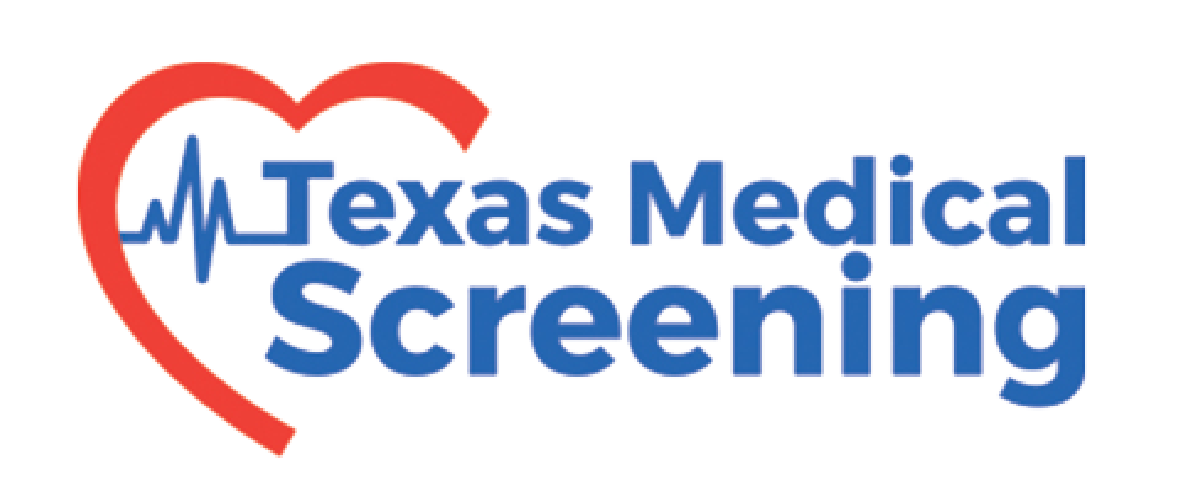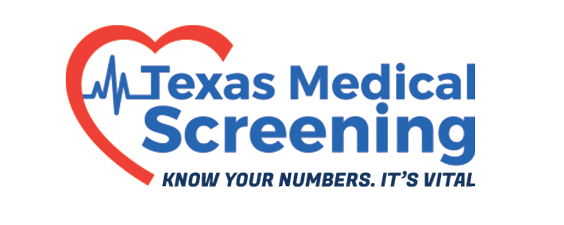Public Health Access is More Important Than Ever
Health tracking, including through self-service tools like health screening kiosks, can play a critical role in improving public health access. By enabling individuals to monitor their health metrics easily, we can empower communities to take charge of their well-being and address health concerns before they become more serious.
Why Public Health Access is Crucial
The Need for Accessible Healthcare
Access to healthcare is one of the greatest challenges worldwide. From urban cities to rural areas, many people still face barriers to receiving the care they need. This lack of access leads to missed diagnoses, delayed treatments, and ultimately, poorer health outcomes. Addressing this gap is important not only for individual well-being but also for the broader public health.
A key element in improving public health access is shifting towards more accessible, preventative care solutions. Health tracking systems—like health screening kiosks—are a game-changer. They provide people with easy access to critical health information, empowering them to make informed decisions and take proactive steps toward better health.
The Role of Health Tracking in Public Health Access
Early Detection and Prevention
Health tracking allows people to monitor important health metrics such as blood pressure, body mass index (BMI), cholesterol levels, and glucose levels. By regularly tracking these metrics, people can identify potential health issues before they escalate into more serious conditions, such as heart disease, diabetes, or stroke.
Preventative care is often the best defense against chronic conditions. Research shows that early detection of health issues leads to better long-term outcomes, reducing the need for expensive treatments and hospitalizations down the road. Health tracking, particularly through public-access tools like health screening kiosks, offers an accessible way for individuals to stay ahead of potential health problems.
Health Screening Kiosks
What Are Health Screening Kiosks?
Health screening kiosks are self-service machines that provide people with an easy, quick way to measure key health indicators. These kiosks can check:
- Blood Pressure
- Body Mass Index (BMI)
- Cholesterol Levels
- Glucose Levels
Health screening kiosks can be placed throughout public spaces—such as pharmacies, shopping malls, libraries, and community centers—where people can easily access them. These kiosks offer a valuable, cost-effective way for the general public to monitor their health regularly, without the need to make an appointment or visit a doctor.
Benefits of Health Screening Kiosks for Public Health Access
- Improved Accessibility
Health screening kiosks break down the barrier of access by placing health monitoring tools in public spaces. People no longer need to navigate the complexities of scheduling a doctor’s appointment or pay for expensive screenings. These kiosks provide a low-cost, high-impact solution for improving public health access. - Promoting Preventative Health
By offering health screenings regularly, kiosks encourage people to monitor their health over time. Early intervention is possible, which can prevent more severe health issues from developing. Promoting a culture of preventative health can lead to healthier communities overall. - Real-Time Data and Immediate Feedback
Health screening kiosks provide immediate results, allowing individuals to gain insight into their current health status right away. This immediate feedback encourages people to take action sooner—whether that means making lifestyle changes or seeking professional medical advice. - Empowering Individuals to Take Control of Their Health
Health screening kiosks put the power of health tracking into the hands of the public. People are more likely to take control of their health when they have the tools and knowledge to do so. These kiosks give people the autonomy to monitor their health and take steps to improve it.
The Impact of Health Tracking on Public Health
Long-Term Benefits for Public Health Systems
The long-term benefits of widespread health tracking are significant. By empowering people to track their health regularly, we create a proactive, preventative healthcare culture. This shift reduces the burden on healthcare systems by catching health issues early and preventing more costly treatments. It also reduces the pressure on emergency services by addressing health concerns before they become urgent.
Incorporating health screening kiosks into public spaces helps to alleviate the strain on healthcare facilities, especially in underserved areas, and brings essential healthcare services to communities that may otherwise have limited access.
The Future of Public Health Access
Health tracking is not just about keeping individuals healthy; it’s about creating a healthier society as a whole. By integrating health screening kiosks into public spaces, we can significantly improve public health access and empower individuals to take control of their health. This proactive approach to health monitoring is the key to preventing chronic disease, reducing healthcare costs, and ultimately, creating healthier communities.
If you’re ready to be part of this shift in public health, contact Texas Medical Screening today to learn how our health screening kiosks can help improve health access in your community!


Recent Comments